Reduce 17 General Departments and organizations equivalent to General Departments
On the morning of November 17, the National Assembly Standing Committee (NASC) held a conference to implement the National Assembly's supervision program in 2024.
Deputy Minister of Home Affairs Trieu Van Cuong presented a report on the results of the Ministry of Home Affairs' performance of tasks through monitoring activities and proposed solutions to effectively implement the National Assembly's Monitoring Program in 2024.
Regarding the reform of the state administrative apparatus to be streamlined, operate effectively and efficiently, and practice thrift and combat waste, Mr. Cuong said that the reorganization of the state administrative apparatus at the central and local levels has reduced 17 General Departments and organizations equivalent to General Departments; reduced 10 Departments; reduced 145 Departments and Boards under General Departments and under ministries; and basically reduced the number of departments within departments.
Regarding the arrangement and consolidation of local professional agencies, 7 departments and 2,159 offices under the departments and district-level People's Committees were reduced.
Regarding the number of deputy heads of administrative organizations, for ministries and branches, after the organizational arrangement of ministries and branches, they will have to reduce according to the roadmap for 61 general department-level leaders (14 General Directors and 47 Deputy General Directors), 17 department-level leaders of ministries, 63 department-level leaders of ministries, 404 department-level leaders of general departments. For organizations that are merged or consolidated and increase the number of deputy heads, they will have to be arranged according to the roadmap prescribed in Decree No. 101.
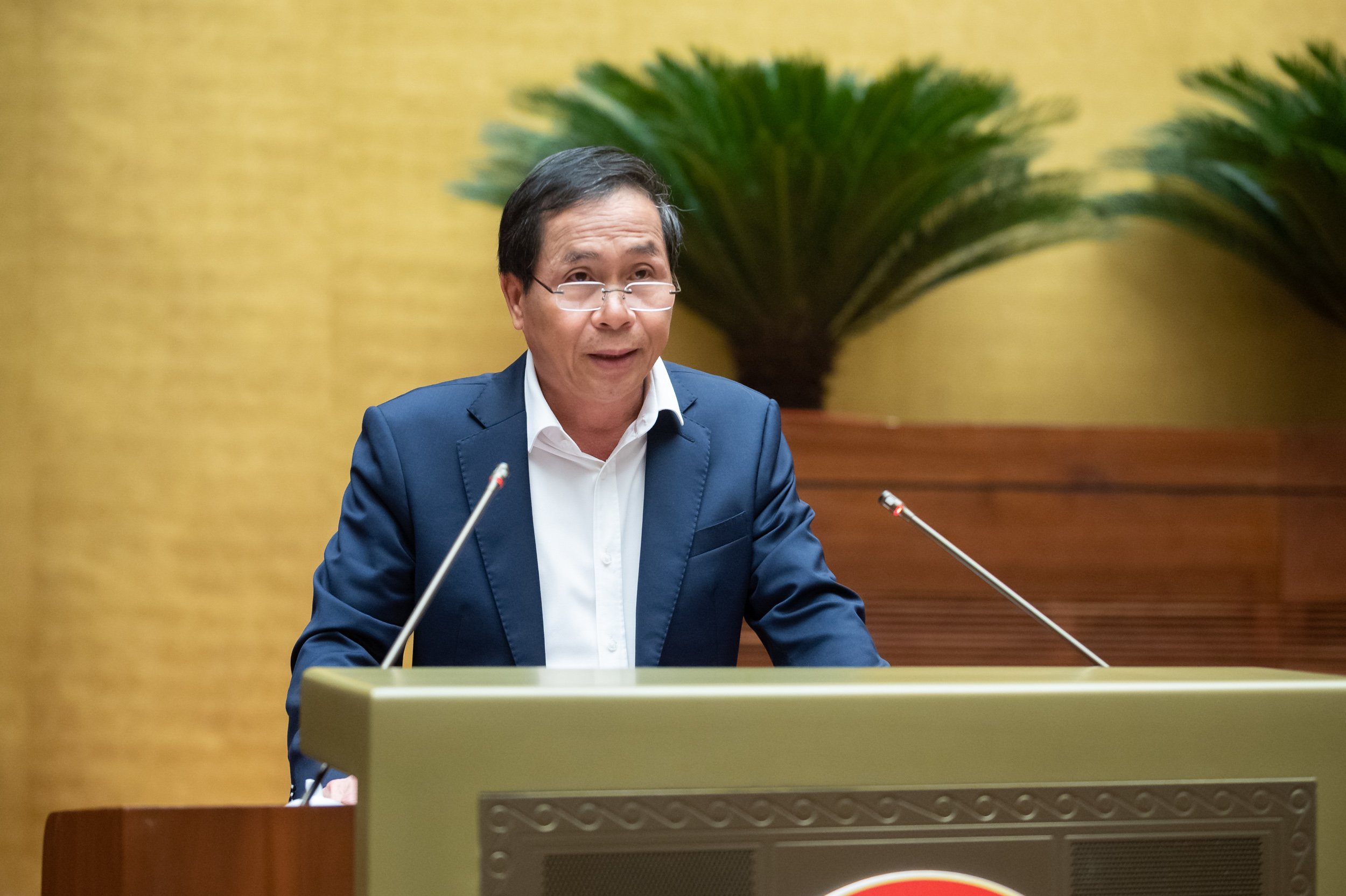
Deputy Minister of Home Affairs Trieu Van Cuong.
For localities, based on the Government 's regulations on criteria for determining the number of deputies and the results of administrative organization arrangement, localities have reviewed and restructured leadership and management personnel at all levels under their management.
For organizations that merge or consolidate, increasing the number of deputies will have to be arranged according to the roadmap prescribed in Decree No. 107 of the Government.
Regarding innovation in the organization and management system, improving the quality and efficiency of public service units: Arrange focal points of public service units of ministries, branches and localities. For ministries and branches, there are 1,035 units, a decrease of 98 units, equivalent to a decrease of 8.6%;
For localities, there are 46,653 units, down 7,631 units, equivalent to a decrease of 14.05%. Ministries, branches and localities have proactively reviewed and approved the Autonomy Project for units under their management to serve as a basis for implementing the goal of having 10% of public service units financially autonomous as required in Resolution No. 19.
Regarding payroll management and payroll streamlining, the number of employees (career payroll) receiving salaries from the State budget in public service units in 2021 was 1,789,585 people, a decrease of 236,366 people, equivalent to a decrease of 11.67%, exceeding the target of a minimum reduction of 10% according to the Party Resolution.
To ensure the implementation of the goal of reducing 5% of civil servant payroll and 10% of career payroll receiving salaries from the State budget by 2026 compared to 2021, the Politburo has issued Decisions to assign payroll for the 5-year period (2022-2026) to agencies of the political system.
Add nearly 66,000 teachers
Regarding the addition of teacher positions and the issue of salaries, regimes and policies for the teaching staff, Mr. Cuong said that to overcome the surplus and shortage of teachers in localities, the Government promptly reported to the Politburo to add 65,980 teacher positions, of which 27,850 teacher positions were added for the 2022-2023 school year.
In the 2023-2024 school year, the Government assigned the Ministry of Home Affairs to coordinate with the Ministry of Education and Training to review the surplus and shortage of teachers for each level of education to supplement the localities.
At the same time, the Government issued Decree No. 111 of the Government, which stipulates that localities that have not been assigned enough quotas will be allowed to sign contracts with teachers according to regulations, ensuring timely arrangement of sufficient human resources in public educational institutions.
Regarding the implementation of salary policy reform, including salaries for teachers, Mr. Cuong said that implementing Resolution No. 27 of the 7th Central Conference, term XII;
Conclusion No. 20 and Resolution No. 75, Resolution No. 101, the Government reported to the Government Party Committee to report to the Central Executive Committee, report to the National Assembly on the results and roadmap for reforming salary policies for cadres, civil servants, public employees, armed forces and employees in enterprises according to Resolution No. 27.
In particular, it proposed a roadmap for salary reform for cadres, civil servants, public employees and armed forces with 06 salary reform contents according to Resolution No. 27 (expected to be implemented from July 1, 2024).
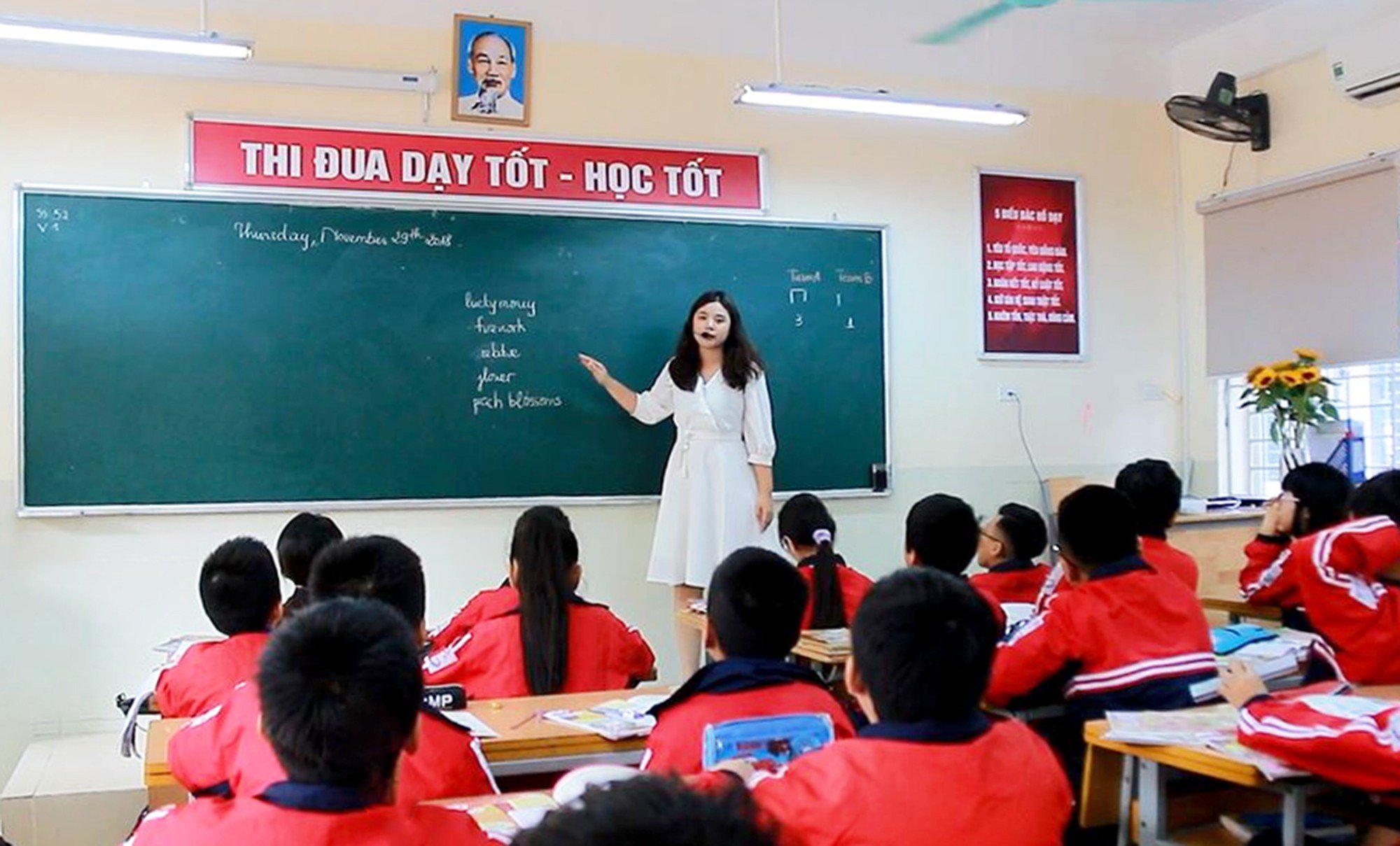
6 contents of salary reform according to Resolution No. 27 (expected to be implemented from July 1, 2024).
Preschool and primary school teachers are entitled to salaries and salary allowances based on location or job assignment as for civil servants in general and are also entitled to preferential regimes such as: preferential allowance for teachers; seniority allowance (used to calculate social insurance contributions and benefits).
Teachers working in areas with particularly difficult socio-economic conditions are also entitled to: Attraction allowance; preferential allowance according to profession (70%); allowance for long-term work in particularly difficult areas; allowance; mobility allowance; allowance for teaching ethnic minority languages.
Although they enjoy preferential and special allowances to have a higher total income (salary and allowances) than other industries and professions, the lives of preschool and primary school teachers still face many difficulties.
"When implementing the salary reform policy according to Resolution No. 27, teachers' lives will be improved in the coming time," Mr. Cuong emphasized.
Mr. Cuong clearly stated the group of solutions to implement the supervision program of the National Assembly and the Standing Committee of the National Assembly in 2024. Accordingly, choosing specialized supervision topics, closely following the reality of hot and urgent issues arising in economic and social life, which are topical, urgent, strategic and long-term to carry out focused and key supervision .
Source



![[Photo] Prime Minister Pham Minh Chinh chairs the meeting of the Government Party Committee Standing Committee](https://vstatic.vietnam.vn/vietnam/resource/IMAGE/2025/8/23/8e94aa3d26424d1ab1528c3e4bbacc45)

![[Photo] General Secretary To Lam attends the 80th Anniversary of the Cultural Sector's Traditional Day](https://vstatic.vietnam.vn/vietnam/resource/IMAGE/2025/8/23/7a88e6b58502490aa153adf8f0eec2b2)



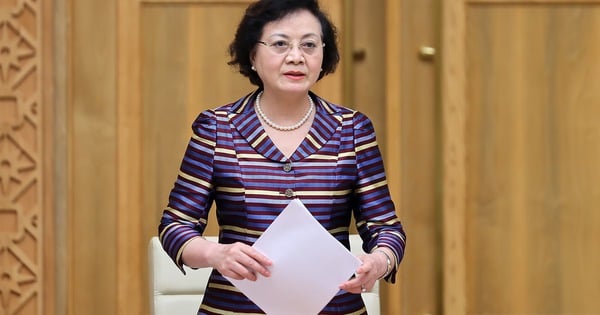


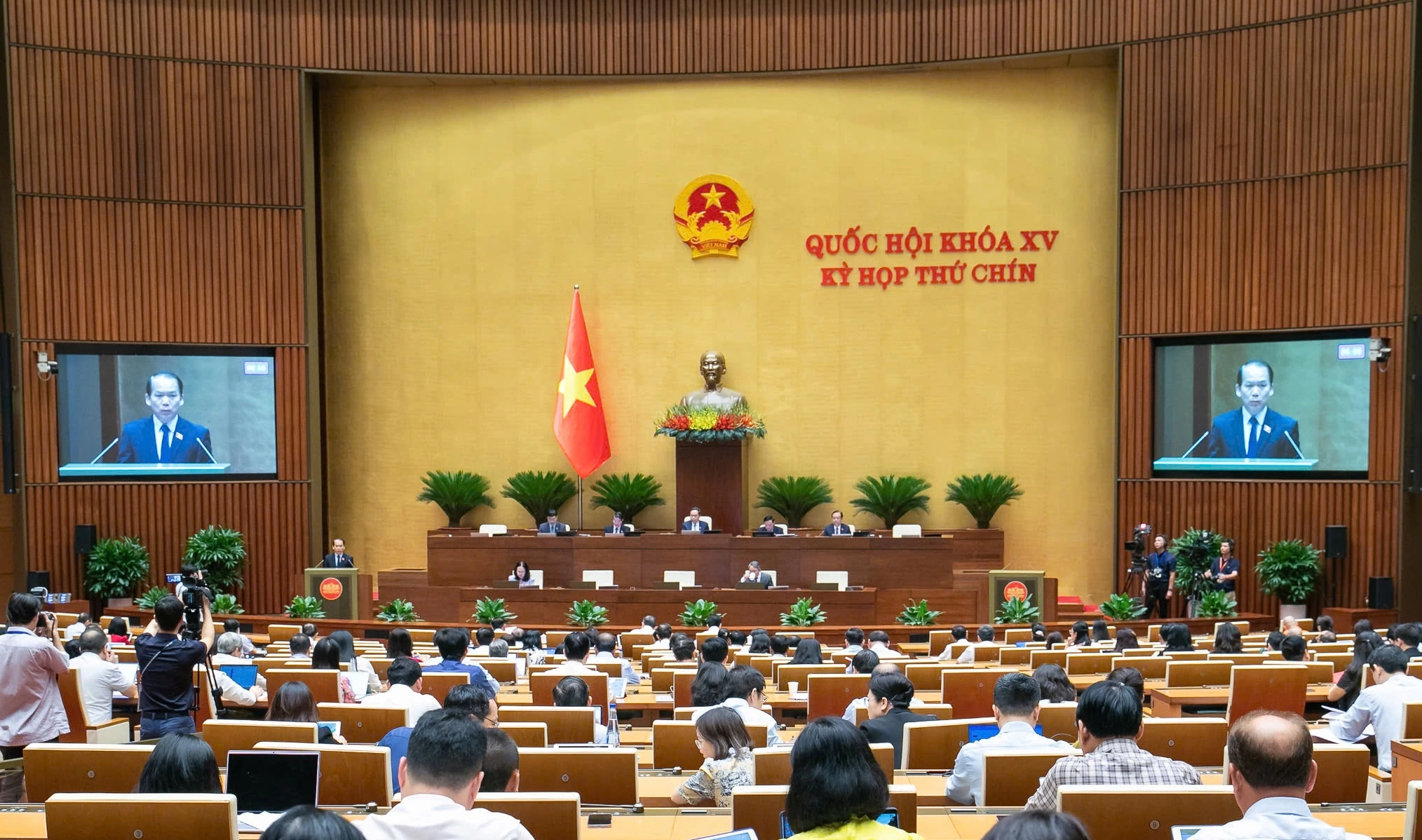

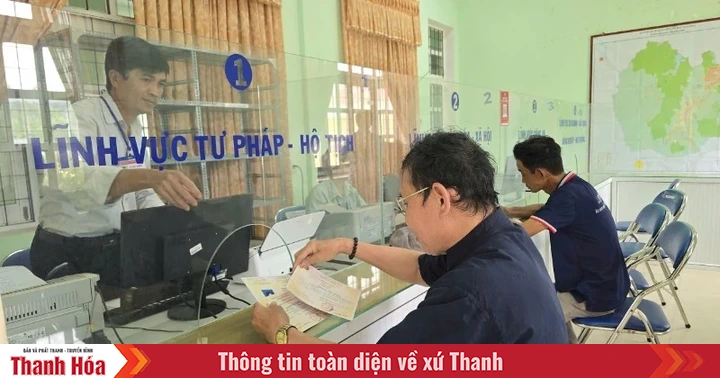

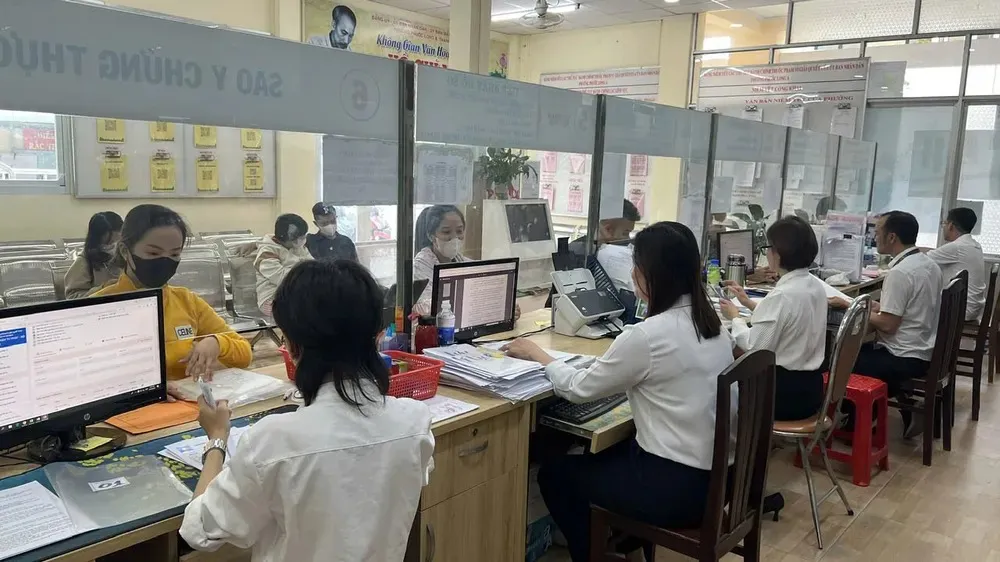































































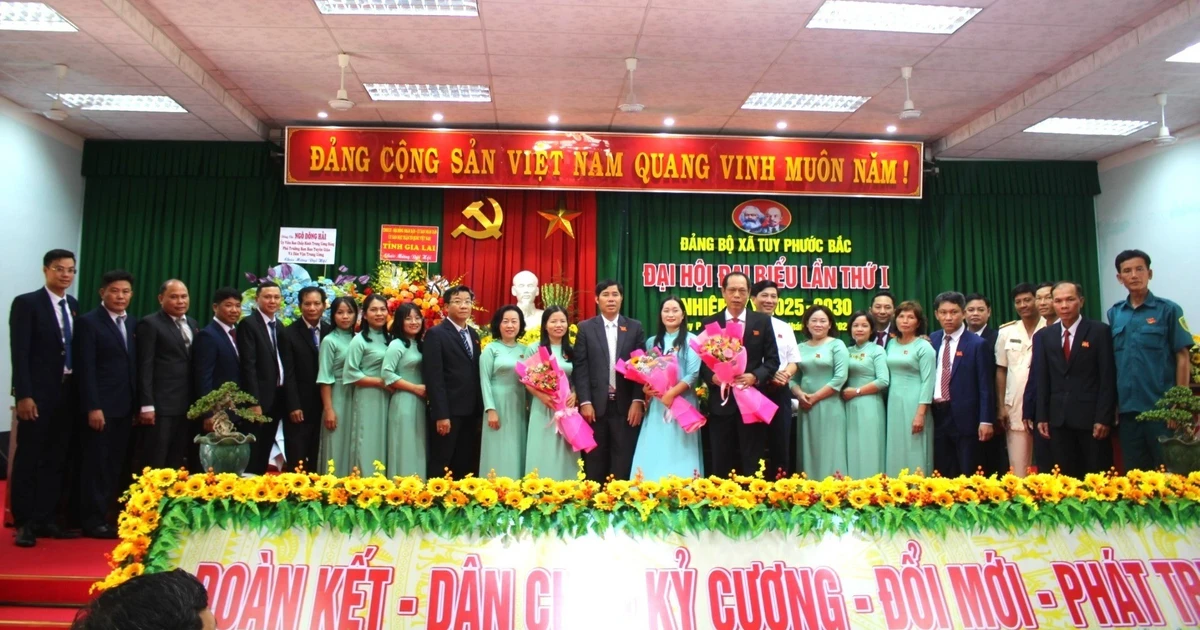






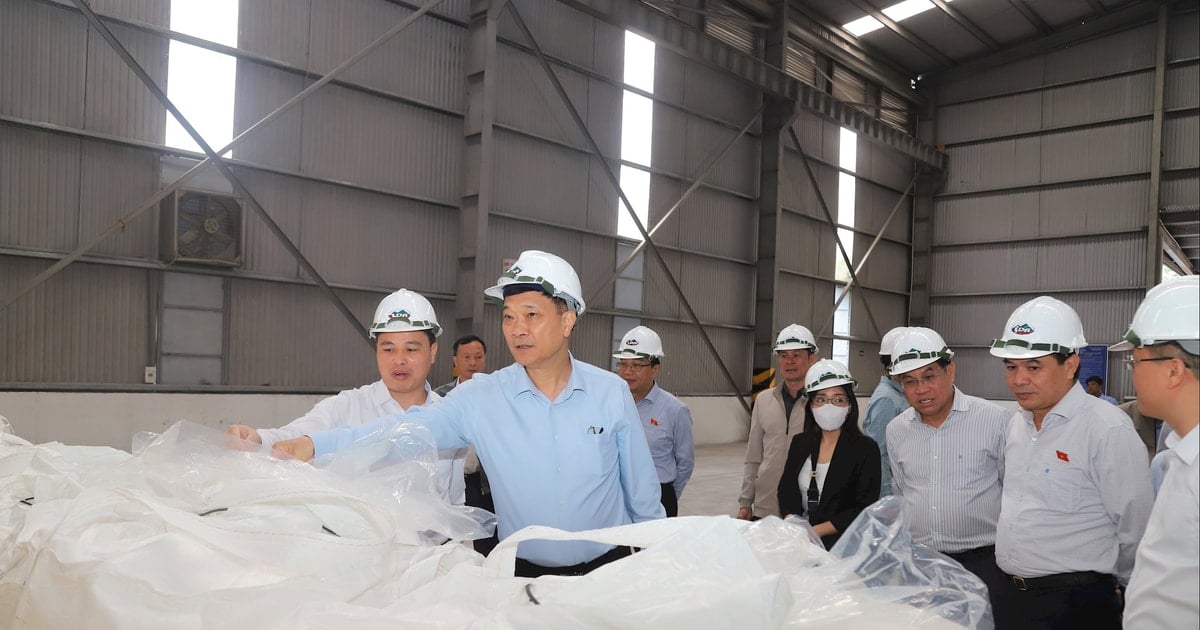















Comment (0)